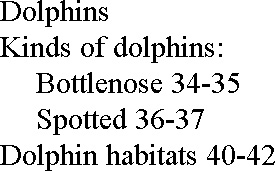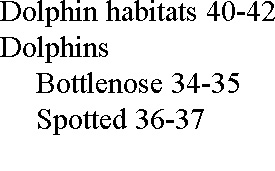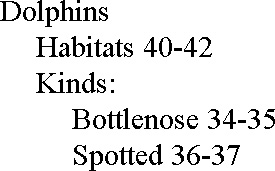The National Assessment of Educational Progress [NAEP] is often called the “nation’s report card,” and I have thoughts about that to begin with, but today we are looking at the handwringing that has begun over the release of the most recent scores.
You will be shocked to learn that SCORES HAVE DIPPED, KENNETH, after two years of chaos in our schools. Did I call it or what?
So now all the editorial boards and educational poobahs and conservative anti-public-school vampires have started the weeping and the wailing over the LEARNING LOSS KENNETH and how we as a nation are on the precipice.
We’ve seen all of this before, in 1983, with the panic over A Nation at Risk: our schools were FAILING KENNETH and nothing would do but we must TOUGHEN THE STANDARDS and TEST THE CHILDREN UNTIL THEIR EARS BLEED. Nation at Risk led eventually to No Child Left Behind (NCLB, or as we called it in my school, Every Child Dragged Along), which imposed draconian “goals” on our schools and punished us as “failing schools” if we didn’t meet them by 2014.
(At the faculty meeting where we went over the new law, teachers were freaking out over the “goals.” I calmly pointed out that this would only last until the law had to be reauthorized (i.e., re-funded) in 2007.)
So did we achieve all those goals? Pfft. NCLB did nothing to actually solve the problems the law “identified.” Every child reading by 3rd grade? We could have done it, but we didn’t, because NO ONE ASKED US HOW TO EFFECT THAT CHANGE. If what we were already doing was sufficient, wouldn’t every 3rd grader already be reading? But we changed nothing, nor were we allowed to change anything.
No, the nation never actually committed to any of the “goals,” and 2014 came and went without our having met any of them. The only thing NCLB accomplished was to cement the role of standardized tests in assessing student “achievement” and “school success.” It was all “research-based,” you see. (What’s that you say? Standardized tests are a scam to suction off tax dollars for testing corporations? Wherever did you get that idea?)
Sidenote: At Newnan Crossing, we were doing actual research on whether our year-round calendar — 45 days on, 15 days off —was benefiting our Title I students. I was charged with aggregating the test scores for the cohort of students who had been with us since kindergarten, and the only thing the data actually showed was that if kids had a teacher who was not very good, their test scores would go down. Having a good teacher was not a predictor of improved test scores; those were essentially random. Test scores = “achievement”? Pfft.
So here we are, panicking about LEARNING LOSS after two years of predictable “learning loss” and reaching for the smelling salts once again.
The solution? The children must LEARN FASTER AND HARDER. To “catch up.” Once again.
Here’s the deal: Teachers have always dealt with students who were not where they were “spozed to be,” and now is no different other than we have an entire school population who are not where they’re spozed to be. It’s not a “crisis,” just time to roll up our sleeves and start teaching again. (Even so, schools are not back to what passes for normal, nor will they be for the foreseeable future.)
My advice? Take any moneys appropriated for this CRISIS KENNETH and spend it on teachers: salaries, supplies, smaller classrooms. Do not spend it on packaged CURRICULUM SOLUTIONS KENNETH. Do not spend it on suddenly available TECHNOLOGICAL SOLUTIONS. Do not allow LEGISLATORS TO HAVE ANY SAY on how we do our jobs.
Finally, acknowledge the drop in test scores as an inevitable record of the chaos, and then BY CTHULHU CELEBRATE THE GAINS OVER THE NEXT FIVE YEARS.
 OK, let’s look at that, because there’s a lot of sleight of hand going on here.
OK, let’s look at that, because there’s a lot of sleight of hand going on here.




